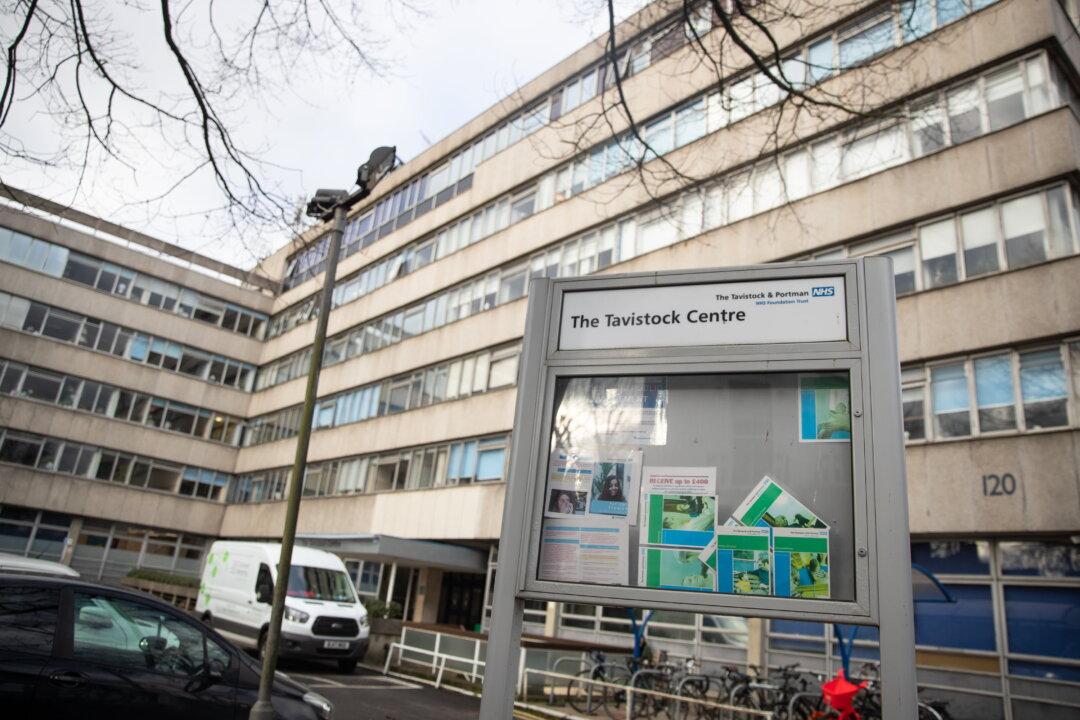A challenge to a ruling allowing children with gender dysphoria to take puberty blockers without their parents’ consent as long as their doctor agrees will not reach Britain’s Supreme Court.
The decision announced May 5 by the Supreme Court marks an end to the high-profile case of Keira Bell, who brought a legal fight against the Tavistock and Portman NHS Foundation Trust, the UK’s only gender identity development service for children.




